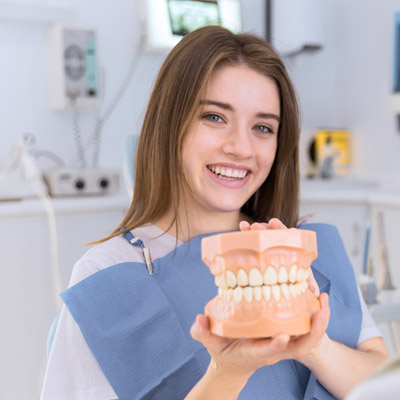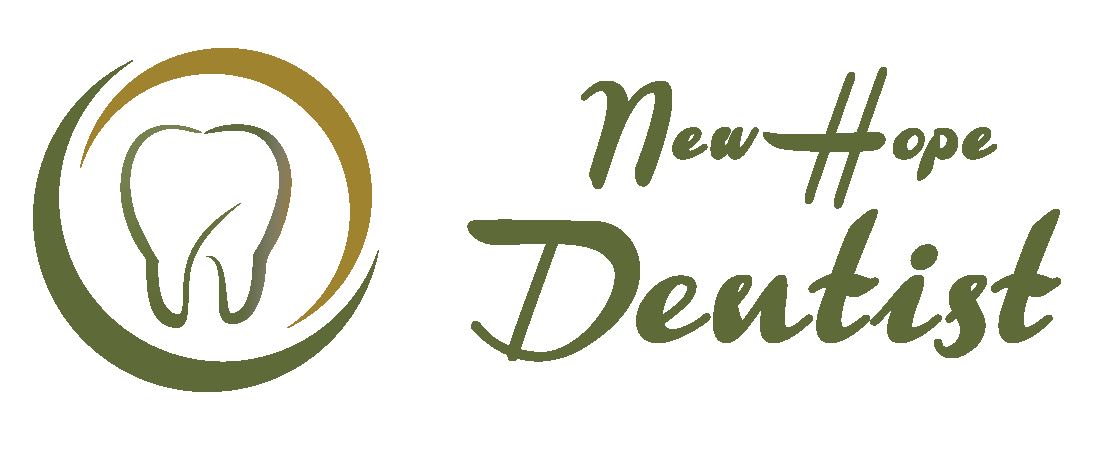
Dental Checkups in Cedar Park, TX is a routine preventive visit focused on keeping teeth and gums healthy through professional teeth cleaning, oral examination, and early detection of potential issues. This type of care, known as preventive care, helps prevent issues such as cavities and gum disease by addressing early signs before they become serious, protecting both oral health and overall wellness.
Why Routine Dental Checkups Matter for Oral Health
Dental checkups serve as the first line of defense in preserving oral health. By combining professional teeth cleaning, a full exam, and early detection of areas at risk, these visits help ensure any small concerns are handled proactively, keeping treatment simpler, less costly, and more comfortable in the long run.
How Often to Get Dental Checkups for Optimal Oral Health
As a general rule of thumb, visiting the dentist for a dental checkup twice per year, or every six months, is a good routine for maintaining oral health. But the truth is, everyone is different. That’s why the American Dental Association (ADA) states, “there is merit in tailoring a patient’s recall interval to individual need based on assessed risk of disease.” In simpler terms, the ideal dental checkup visit schedule depends on each person’s oral health, habits, and risk factors. Here’s how that typically breaks down:
- Most healthy patients: Twice-a-year visits (every six months) are generally appropriate.
- Higher-risk patients: More frequent visits, such as every three to four months, may be recommended for those with gum disease, a history of cavities, diabetes, tobacco use, or a weakened immune system.
- Low-risk patients: For individuals with excellent oral health and no ongoing issues, annual visits may be sufficient.
The most effective schedule is determined through professional assessment of oral health history, risk factors, and lifestyle habits. Regular dental checkups and professional cleanings help remove plaque and tartar that brushing and flossing cannot, supporting long-term oral health.
What to Expect During Your Dental Checkup
A dental checkup is a simple, comfortable visit that helps keep your smile healthy and problem-free. Each appointment includes a few key steps designed to prevent issues before they start:
- Complete oral exam: The dentist looks over your teeth, gums, and bite to check for early signs of cavities, gum disease, or other concerns.
- Digital X-rays (when needed): X-rays help reveal hidden issues such as decay between teeth, infections, or bone changes that are not visible during a regular exam.
- Professional cleaning: The hygienist gently removes plaque and tartar buildup that brushing and flossing can’t reach.
- Polishing: Teeth are polished for a smooth, clean feel and to help prevent future buildup.
- Care review: The visit wraps up with simple guidance on home care and time to ask any questions about keeping your smile healthy between visits.
How Routine Dental Checkups Help Prevent Bigger Problems
Routine checkups play a key role in preventing more serious dental problems. These visits help your dental team catch issues early, such as a cavity that can be treated with a simple dental filling, before it progresses into something that requires more complex care, like a root canal or a dental crown. Early signs of gum inflammation can also be addressed before they lead to more advanced periodontal concerns. Staying on top of these routine visits can save you time, discomfort, and money in the long run.
Dental Checkups for Children
Dr. Sharma recommends that children have their first dental checkup around the age of one. These early visits help establish trust, track development, and identify any potential problems like early cavities or bite misalignment.
Dental Insurance Coverage for Routine Checkups
Most dental insurance plans include coverage for twice-yearly dental checkups, which often means your exam, professional cleaning, and necessary X-rays are fully covered with no out-of-pocket cost. At New Hope Dentist, we’re pleased to accept all major PPO and EPPO dental insurance plans, including Delta Dental, Aetna, MetLife, UnitedHealthcare, Cigna, Guardian, and more. Coverage can vary, so it’s always a good idea to check with your provider for specific plan details. If you have dental insurance, it’s a great opportunity to stay on top of your oral health with preventive care that helps keep your smile healthy and strong. We’re currently welcoming new patients and are happy to help you make the most of your dental benefits.
Located in Cedar Park, TX, New Hope Dentist proudly offers gentle, comprehensive care for the whole family. We are welcoming new patients from Cedar Park and nearby communities like Leander and beyond. At New Hope Dentist, your comfort and oral health are always our top priorities.
Book your dentist appointment today! Call us at 512-259-6577 or schedule online using the link below. We look forward to seeing you soon!
Dental Checkup FAQs
During routine dental checkups, dentists examine your teeth for cavities, enamel cracks, and early signs of wear that could lead to future problems. They also evaluate the soft tissues in your mouth, check for signs of gum disease, and look for any abnormalities. Plaque and tartar buildup are addressed beforehand by dental hygienists, and patients receive guidance on proper brushing and flossing techniques to maintain a healthy smile between visits.
Most adults should visit the dentist every six months for a checkup and cleaning. These regular visits help prevent tooth decay, gum disease, and other oral health issues. Some patients with specific conditions may benefit from more frequent visits, which your dentist will recommend based on your individual needs.
X-rays aren’t taken at every visit, but they are typically recommended once a year or as needed. Dental X-rays help detect problems that aren’t visible during a standard exam, like cavities between teeth, bone loss, or issues under existing dental work. Your dentist will let you know when they’re necessary based on your oral health and history.
The mouth is the gateway to the body. When a person is sick, it can provide clues as to what type of illness or infection may be present. Teeth that break or chip easily can be a sign of a calcium or other mineral deficiencies. Gums that tend to be more white than pink can also indicate nutritional imbalances, or it could be a sign of infection deep in the body. Certain medications can also weaken teeth, causing them to chip, break, or become discolored.
